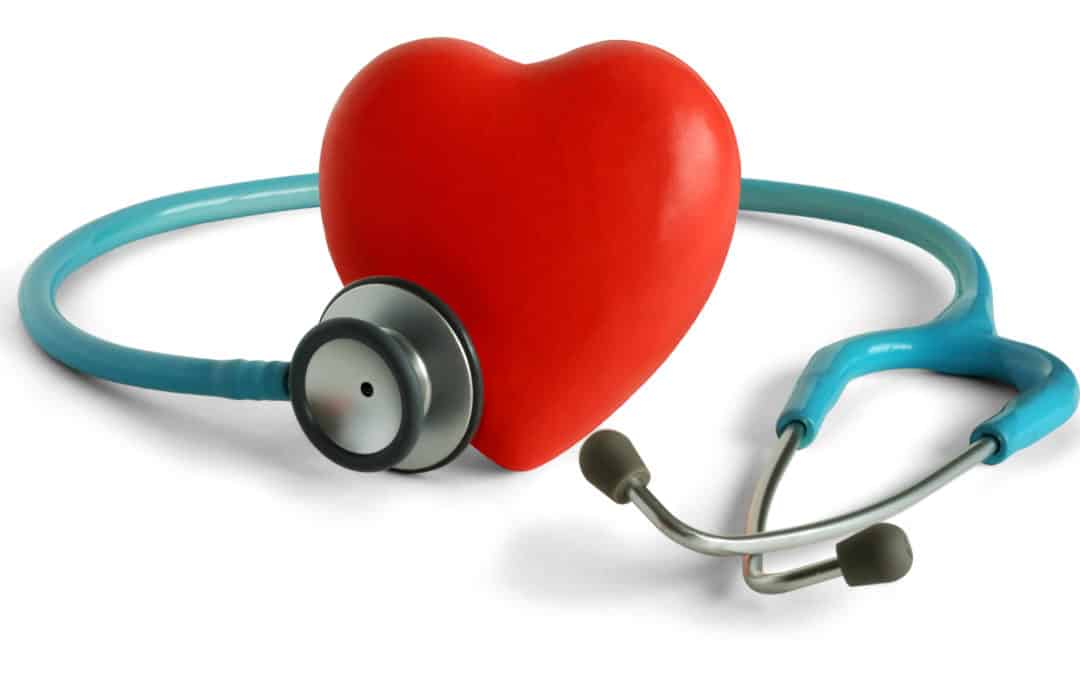
The Long Term Effects Of High Cholesterol
High cholesterol is one of the most common health issues that is found in adults. While there are some individuals who don’t take it seriously, the diagnosis of high cholesterol is something that requires immediate action. The longer high cholesterol goes without treatment, the worse the effects on your body will be. Many assume that high cholesterol is harmless in the long run, but in fact the opposite is quite true.
Studies show that the average American’s cholesterol level is in the borderline high range, and 1 in 6 Americans has high cholesterol. High cholesterol can lead to stomach pain from fatty deposits, atherosclerosis, and an increased strain on your heart. However, the two largest effects that a high cholesterol can have on your body are the increased chance of a stroke or a heart attack.
If there is a clog in one of your coronary artery, your heart doesn’t receive enough blood or oxygen. This ends up weakening your heart and creates long term damage. This can lead to a few things. A blood clot could form blocking the flow of blood and oxygen to the heart, it could also break off and make its way to one of your arteries. Once an artery is completely blocked, you have a heart attack.
The second risk that high cholesterol puts you at are the chances of a stroke. This happens from plaque buildup that keeps your brain from getting enough blood or oxygen. Through the same method as the heart attack arteries, if a clot blocks one of the arteries that feeds your brain blood and oxygen is blocked, you’ll have a stroke.
These long term effects are dangerous and life threatening. Both have the ability to completely take your life. The Metabolic Research Institute in West Palm Beach is working hard to discover a high cholesterol treatment for individuals at risk of a heart attack or stroke. If you’re aware that you have high cholesterol, talk with your doctor to determine which actions are best for you so that you can manage your cholesterol.

